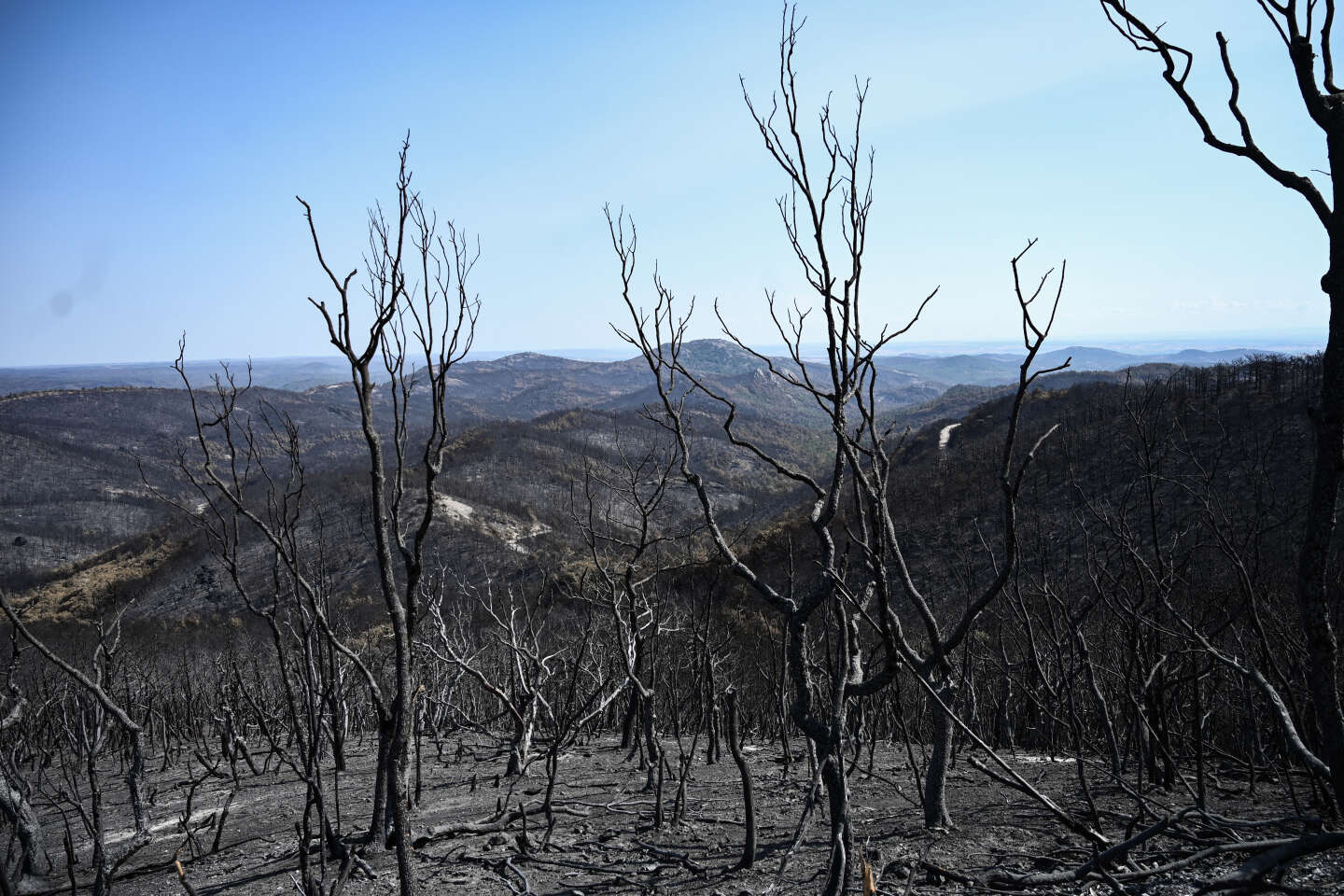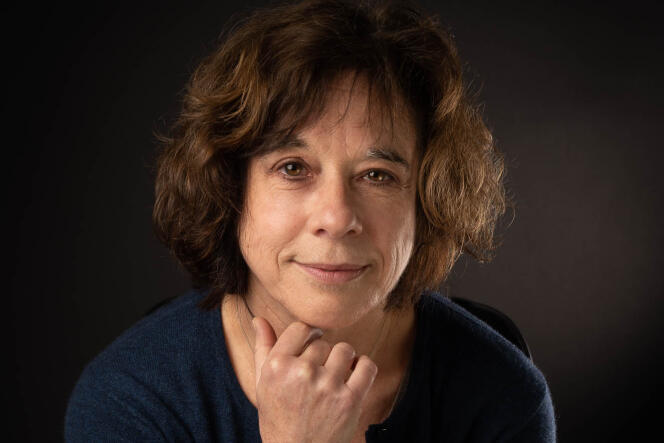
“Scientists must be able to answer society’s questions” about the climate crisis

After a week-long meeting in Rwanda, the World Climate Research Program (WCRP), a group of thousands of scientists, published the Kigali Declaration on Friday, October 27, urging governments to act to stop climate change. WCRP Vice President and modeling specialist at the Climate and Environmental Sciences Laboratory, climate scientist Pascale Braconneau, assesses the state of climate science and describes the role of scientists in combating global warming.
What is the goal of the Kigali Declaration?
It is a call to act faster, a call to action that warns of the dangers of “maladaptation” to climate change. We also wanted to emphasize the role of research. It is necessary to deepen knowledge of change, but also highlight the possibilities and limitations in implementing solutions.
After publishing Sixth Assessment Report of the Intergovernmental Panel on Climate Change (IPCC), What are the new areas of climate research?
The IPCC has once again produced a wealth of information that builds on all the work of researchers who are in Kigali this week. Without cutting-edge research, such a synthesis is impossible.
Climatology is making progress in all areas: increasingly detailed description of atmospheric physics, interactions within the geosphere, modelling, consequences for organisms, etc.
Our conference also takes place at a particular time when the world is experiencing increasingly synchronized extreme events. Questions about adaptation to global warming are before us now more than ever. How do we take climate change into account in organizing communities? How will different sectors of activity be affected? The scientific world must be part of these ideas.
The scientific consensus on global warming has been overwhelming for many years… What are the topics of debate?
There is virtually no longer any debate about the human origin of current climate change. But our society is asking a fundamental point: how to provide the most relevant and useful information possible. Our role is to conduct research, but we also have to be able to understand communities’ questions and answer them in terms that everyone understands. We must translate into climate terms the demands of resource-dependent farmers, industrialists and fishermen who have an impact on ecosystems, while adapting our responses.
You have 60% of this article to read. The rest is reserved for subscribers.

“Organizer. Social media geek. General communicator. Bacon scholar. Proud pop culture trailblazer.”
